![]()
For those in America, many are familiar with the Dolly Parton song “9-5”. For those unfamiliar, the song reflects an average American woman who works “9-5” to support herself and her family. My life is the reverse, I live 5-9. Now while this may seem just like a play on words, it is fortunately very true. I start my days bright and early at 4:30 am, and I crash and burn by 9:45 on “late nights”. Why do you live like this, you may be asking? What teenager isn’t up on their phone and hanging out till midnight? The simple answer, I’m busy getting things done, and I love it.
4:30 am, the first alarm of the day. The mornings are always still a bit hard at first, but after 30 minutes I am quickly able to adjust, definitely a morning owl. The reason for me waking up at the crack of dawn? Weightlifting. I love the same early people getting a workout in before the day, it’s like our own little morning club. Athletics are not exactly one of my strong suits, but after tearing my ACL, the gym has become my home. I love the routine of the gym. Monday: legs, Tuesday: push:, Wednesday: legs, Thursday: pull, Friday: full body. And the soreness is just as gratifying as hitting a PR. The gym is the main reason for my early wake up call, the fewer people there are, the more I can get done, and not everyone is a crazy gym rat up at 4:30 to go throw around a couple hundred pounds.
7:00 am, the second alarm of the day. I am known for procrastinating and “dilly dallying” so small alarms remind me I need to stay on task. By this time, I have worked out, showered, gotten ready, and now am on my way to school. While class does not start till 8:20, I spend my mornings going to calc help sessions (definitely not a math person),studying, and generally working on student council (another one of my favorite things). I love the peacefulness of my highschool in the mornings, only half the teachers in the building, the lack of students in the halls, it really is my favorite time at school.
8:20 am, first bell. My class schedule is quite a bore, so I will definitely spare you the details. As a junior, high school is relentless, four AP courses, one course at my local college, never enough time to study. My first class is definitely fun, AP US History. While I am definitely no history buff, the people in the class make it fun to learn, and the teacher is a blast.
9:15 am, second period. My second class of the day is one of my harder courses, AP Calculus. Afterwards, my favorite class, AP Seminar. AP Seminar is different than my other courses as it revolves around discussions,
4th period bell, it’s time to eat. Lunch is a time in which I can socialize with friends, study, get ahead in classes, or have meetings I would otherwise be unavailable for. I fill up my free period with additional work in hopes of getting ahead in courses, nevertheless I am always busy with things to check off.
12:30, last course of the day, AP Environmental Science. This is my “curveball” course as every day is something different. From labs outdoors, to testing mud inside, I never know what is going to happen, and it always makes for a fun adventure. The students in my class make it even more enjoyable, and it is definitely a course I look forward to.
1:30, time for work. Like I’ve mentioned, growing up sports were not exactly my strong suit. However, I did find a love for karate. Training now for 7 years, and obtaining a black belt in shuri ryu karate, I now work at a children’s karate dojo running the afterschool program. My work days consist of hanging out and making activities for 35 elementary schoolers. While it has made me realize that teaching will not be my future career, I love my kiddos and working with them makes my day so much better.
6:30, finally home. After a long day of being out and about, I finally got back home. However, the work isn’t over. After dinner with my family, it is time to get to work. Studying, getting homework done, and prepping for the next day are the final things I do before crashing.
9:30, time to crash and burn. By this time of the night, I am absolutely exhausted so it’s time to rest for another day of 5-9.
 For generations, Jewish Federation of Greater Atlanta has cultivated worldwide partnerships supporting Jews and their loved ones around the world. With your dollars, and our incredible partners, Ukrainian Jews have never been forgotten.
For generations, Jewish Federation of Greater Atlanta has cultivated worldwide partnerships supporting Jews and their loved ones around the world. With your dollars, and our incredible partners, Ukrainian Jews have never been forgotten. 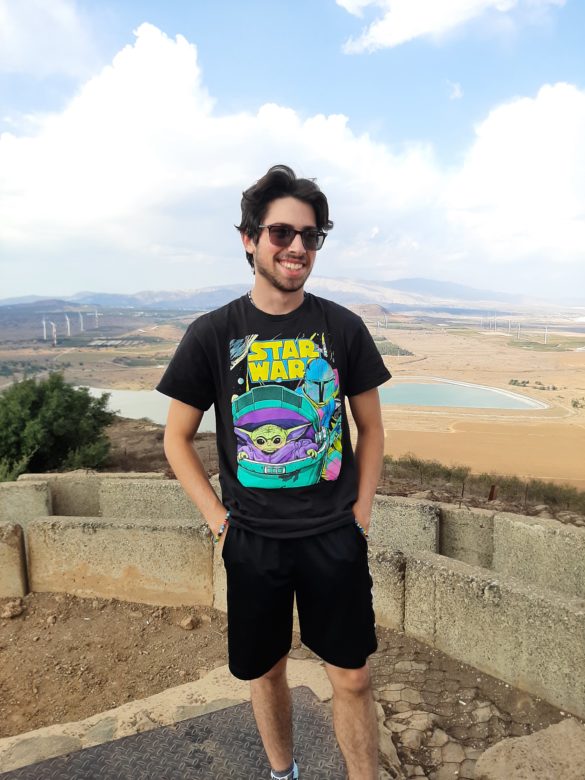
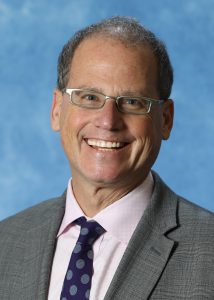
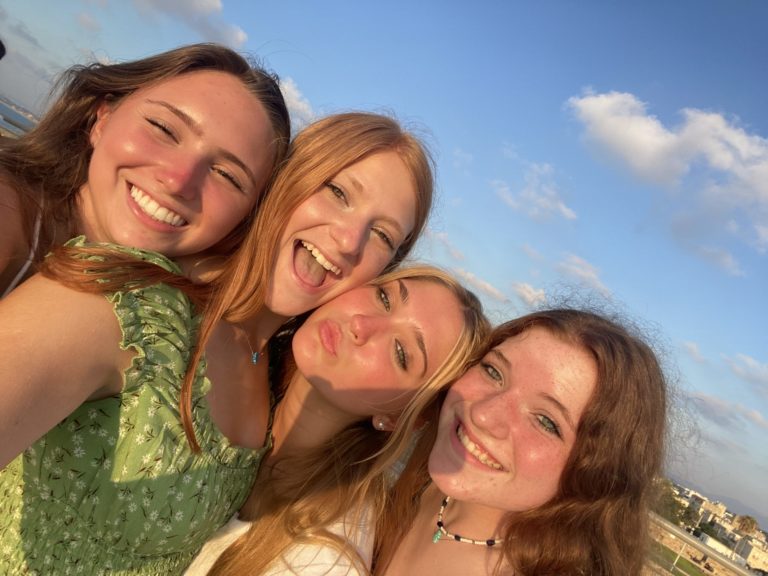


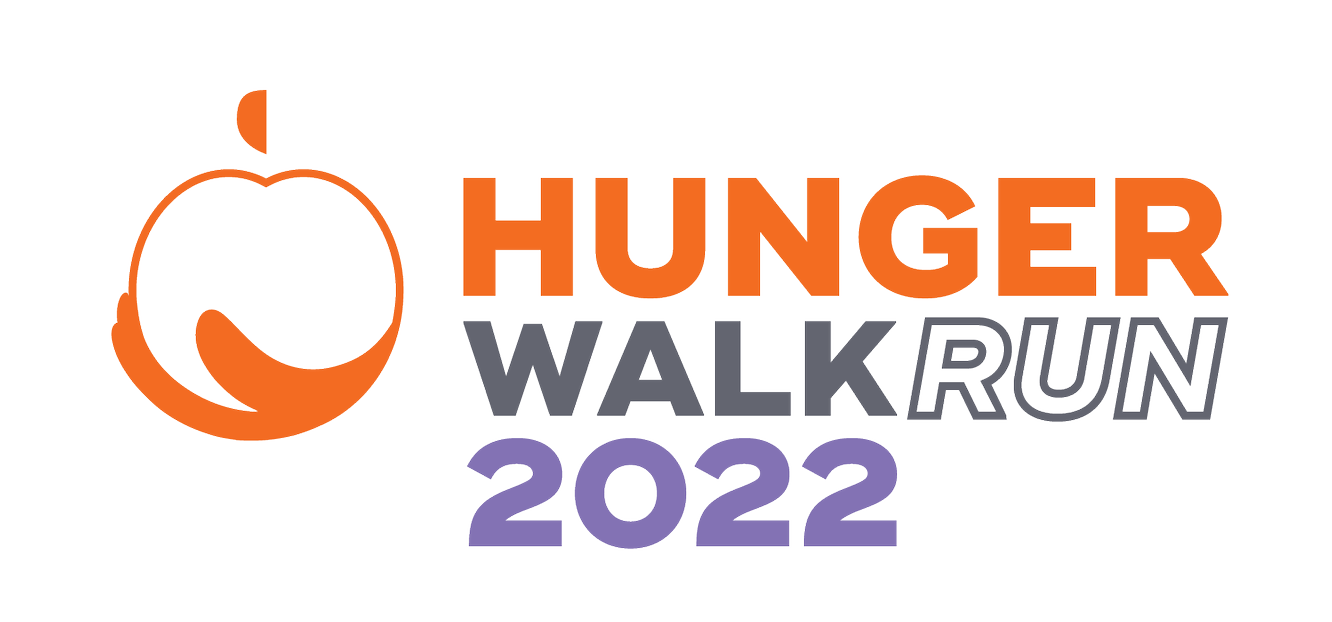
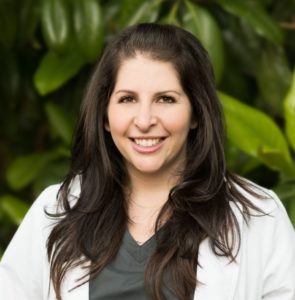
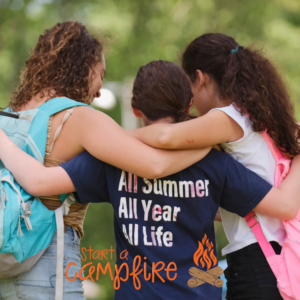 “Though he’s attended Jewish day camps since Pre-K, our son’s experience at overnight camp last year was deeply impactful. Our little boy came back a strong, confident, independent young man, filled with tears of joy, excitement, and memories that will last a lifetime. What an amazing opportunity to know years from now, our children will have lifelong friends because of their time at camp. It’s an experience they won’t be able to have without financial support, and we are truly grateful for the opportunity to reach out to you for this help.”
“Though he’s attended Jewish day camps since Pre-K, our son’s experience at overnight camp last year was deeply impactful. Our little boy came back a strong, confident, independent young man, filled with tears of joy, excitement, and memories that will last a lifetime. What an amazing opportunity to know years from now, our children will have lifelong friends because of their time at camp. It’s an experience they won’t be able to have without financial support, and we are truly grateful for the opportunity to reach out to you for this help.” 

